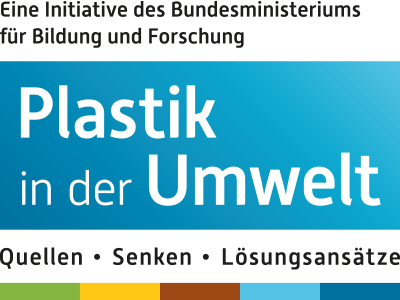Fact sheet 13: Cigarette filters in wastewater
Fact sheet 13: Cigarette filters in wastewater
An estimated 11 billion cigarette filters are released into the environment in Germany every year. They are mostly made of cellulose acetate, a type of plastic. In addition, cigarette filters also contain numerous other toxins.
The European Union has therefore included cigarette filters in the Single-Use Plastics Directive. It relies on the responsibility of manufacturers with regard to education, waste prevention and cleaning. From a scientific point of view, however, more comprehensive measures are necessary.
The InRePlast project examines and classifies the occurrence of plastic parts of at least 1 mm in size in sewage treatment plants and road drainage systems in the municipalities of Aachen, Roetgen, Simmerath and Stollberg. Surveys and a laboratory experiment support the analyses. Based on this, proposals for environmental policy instruments to prevent the inputs are developed.
Fact sheet 13 is available for download here.
Daskalakis, Maria; Kollmorgen, Florian; Breitbarth, Marco; Hentschel, Anja; Kaser, Simon; Kaskel, Myriam (2022): Cigarette Filters in Wastewater: Plastic pollution in the environment - causes and solutions. Factsheet 13 of the BMBF Research Focus Plastic in the Environment..

